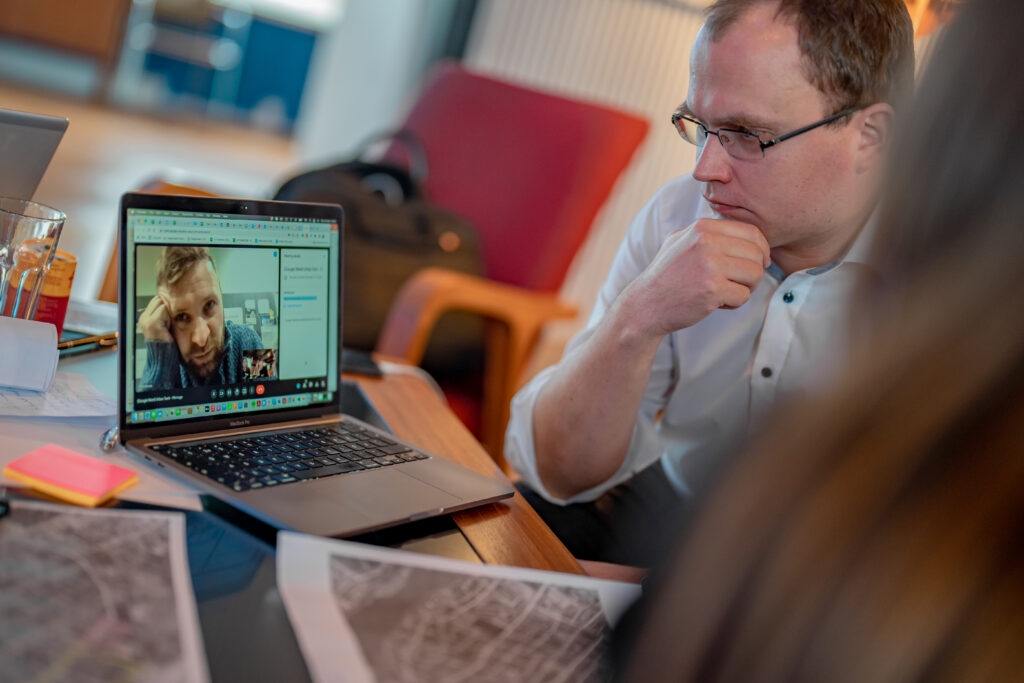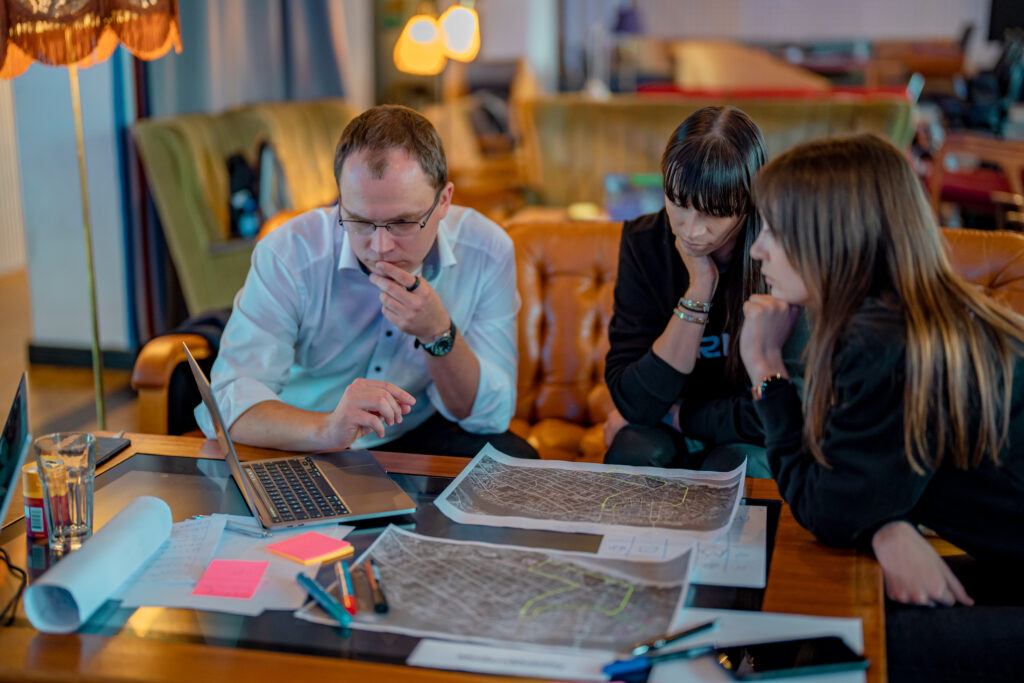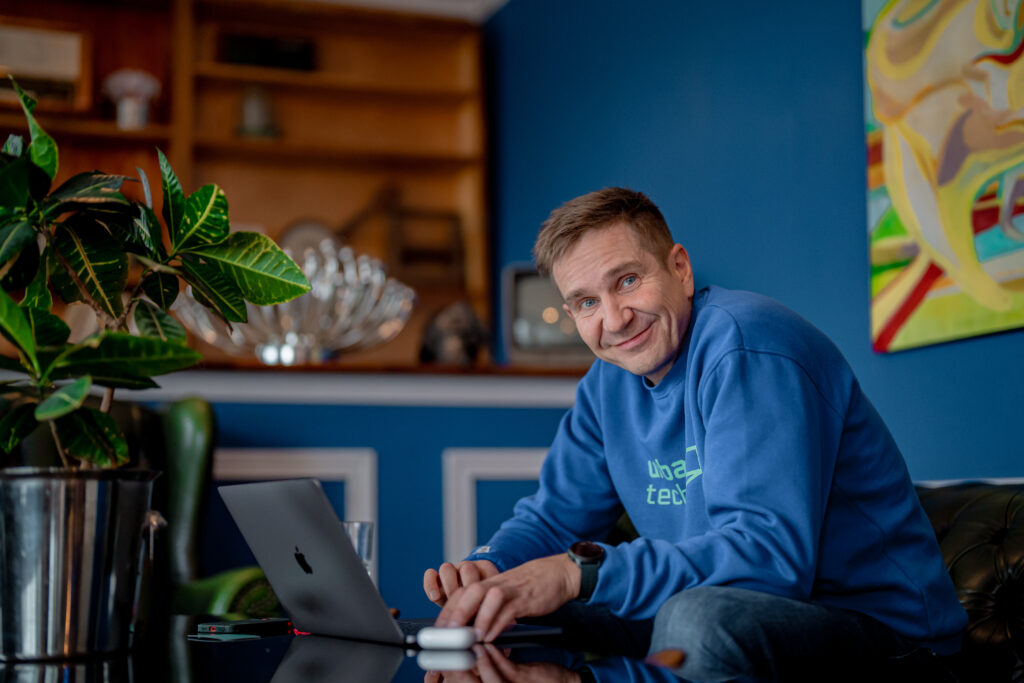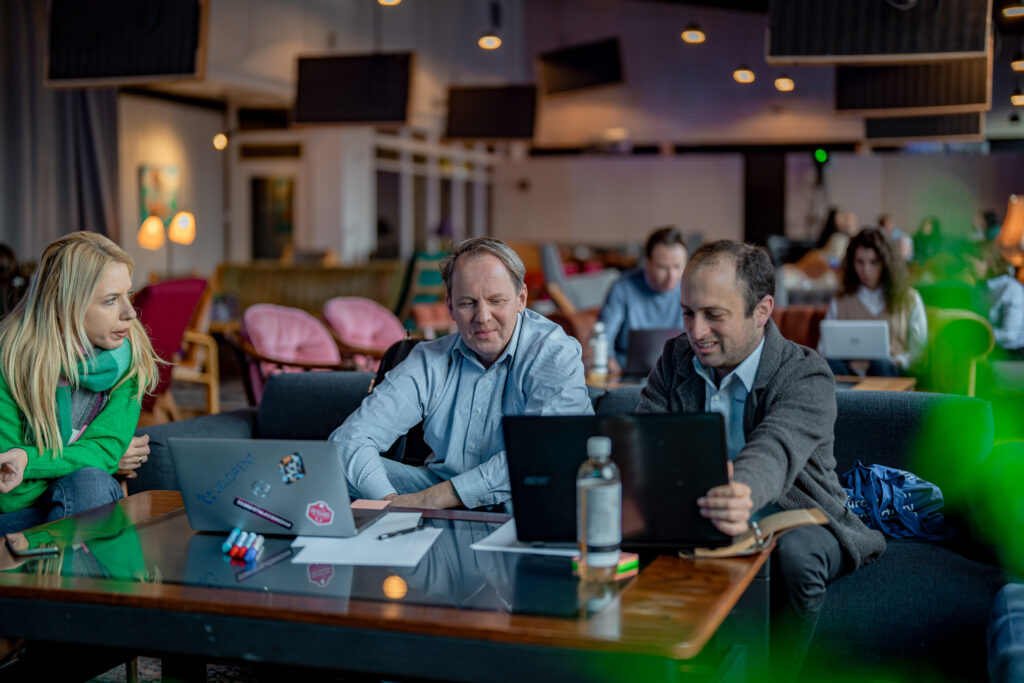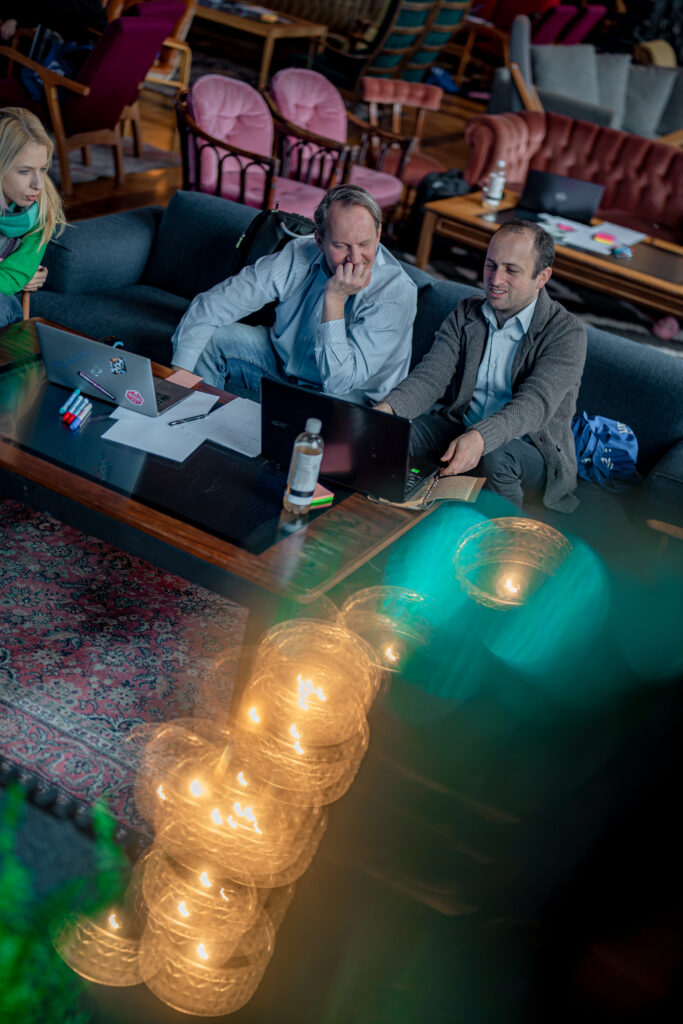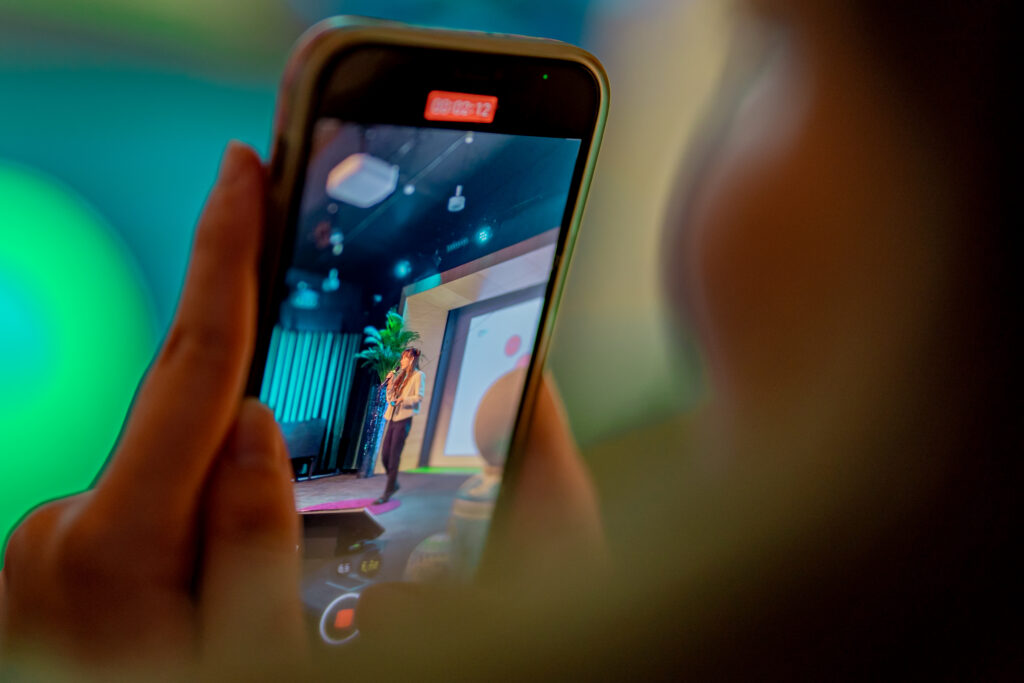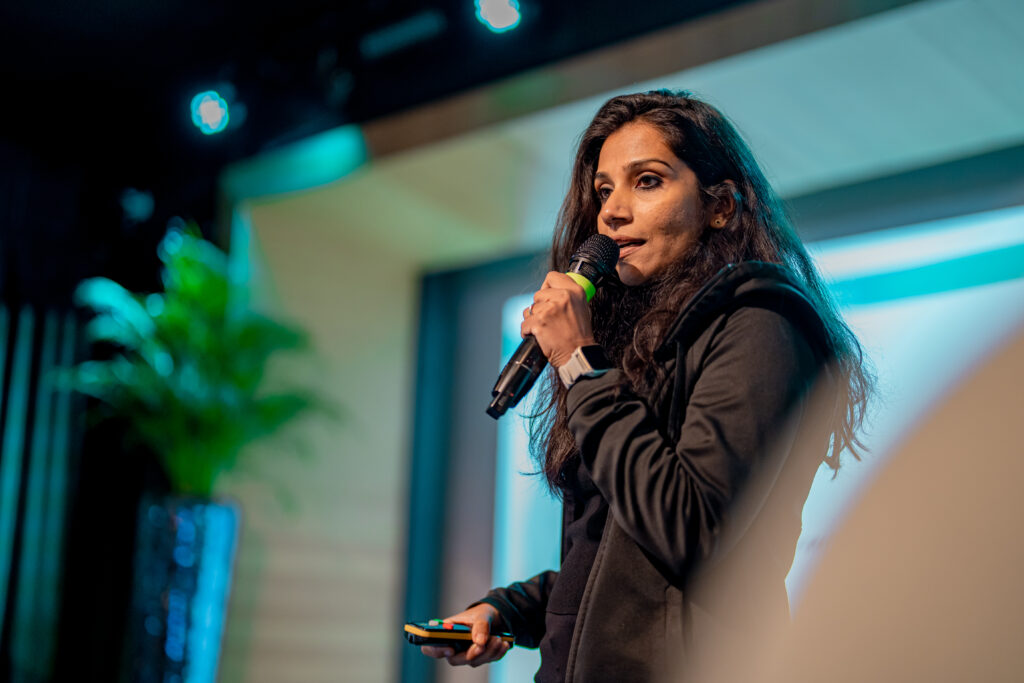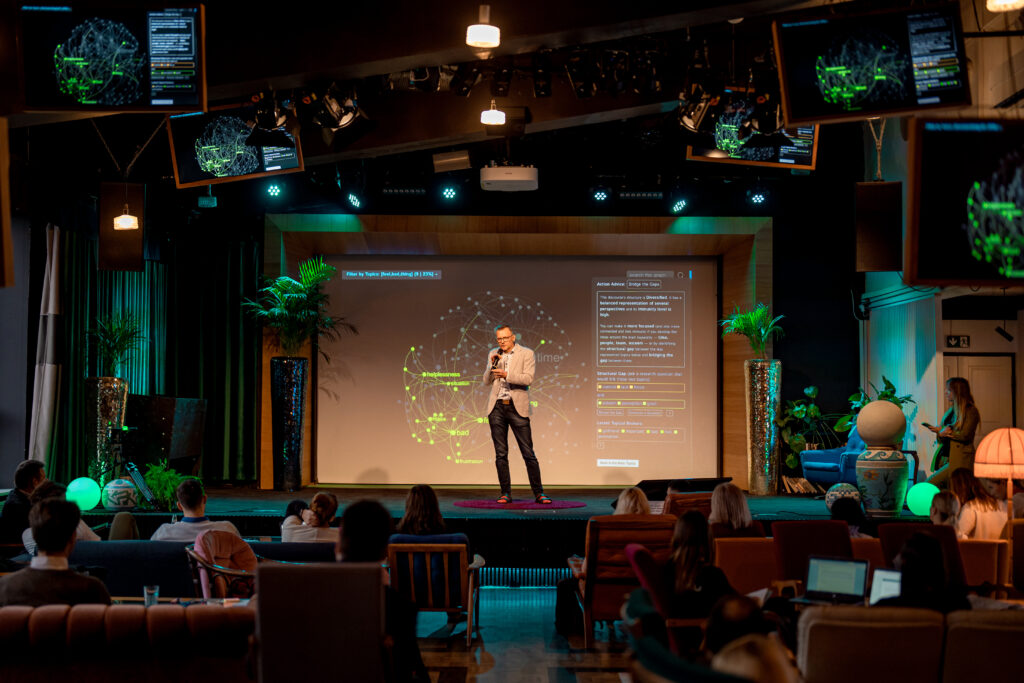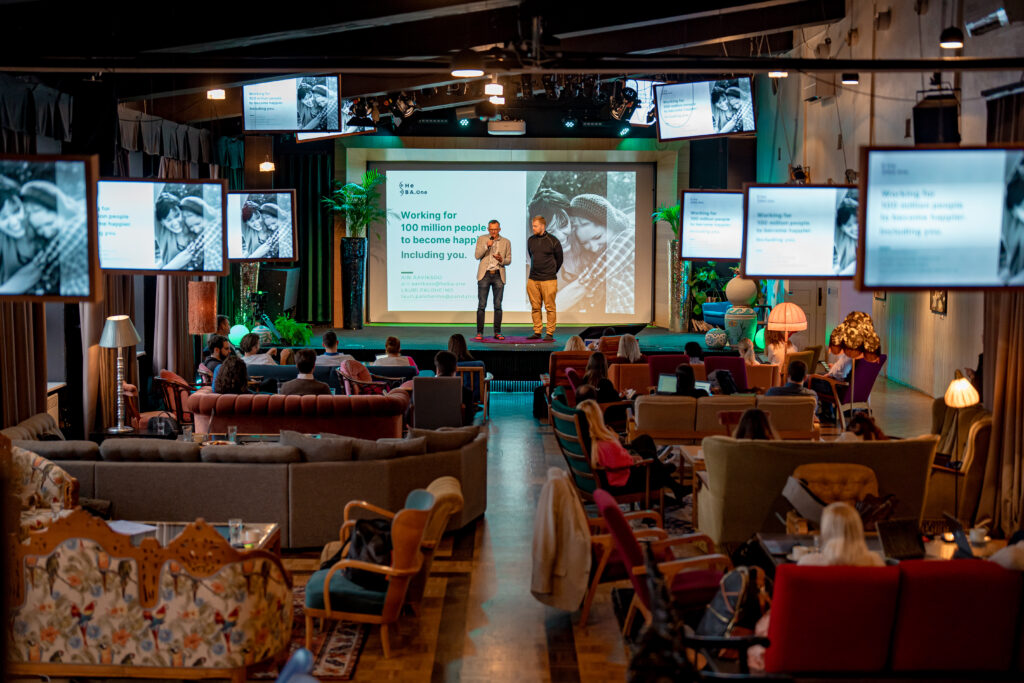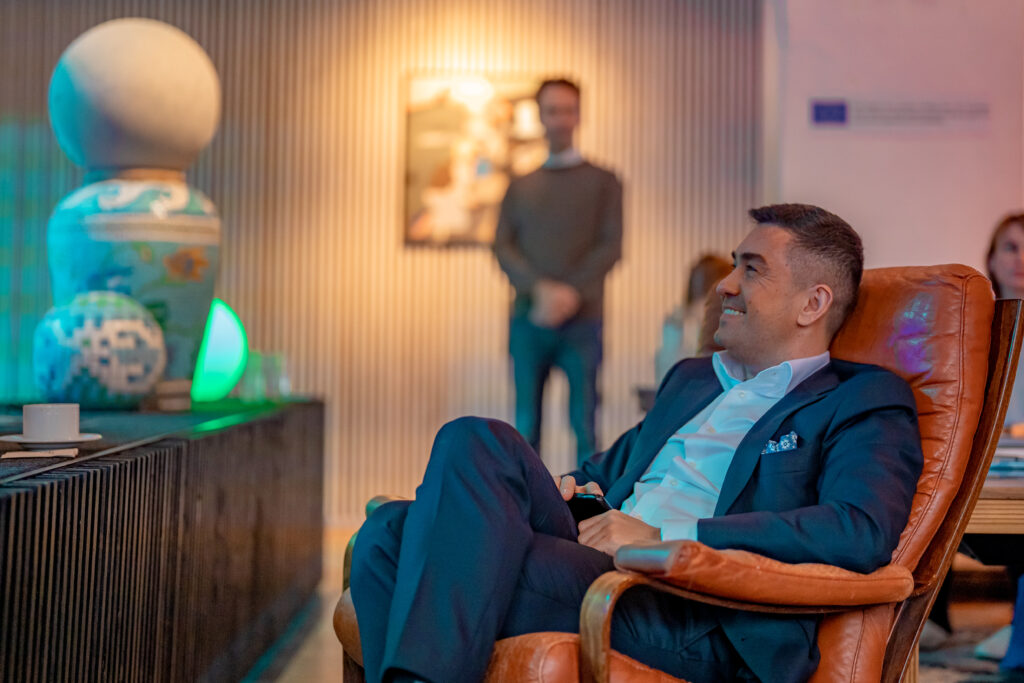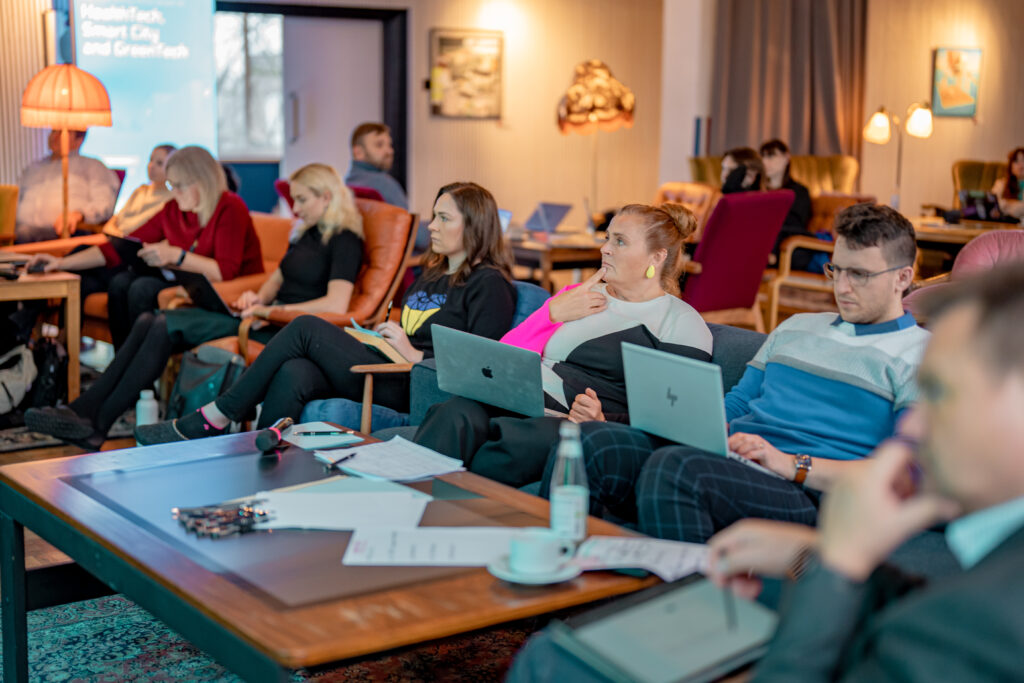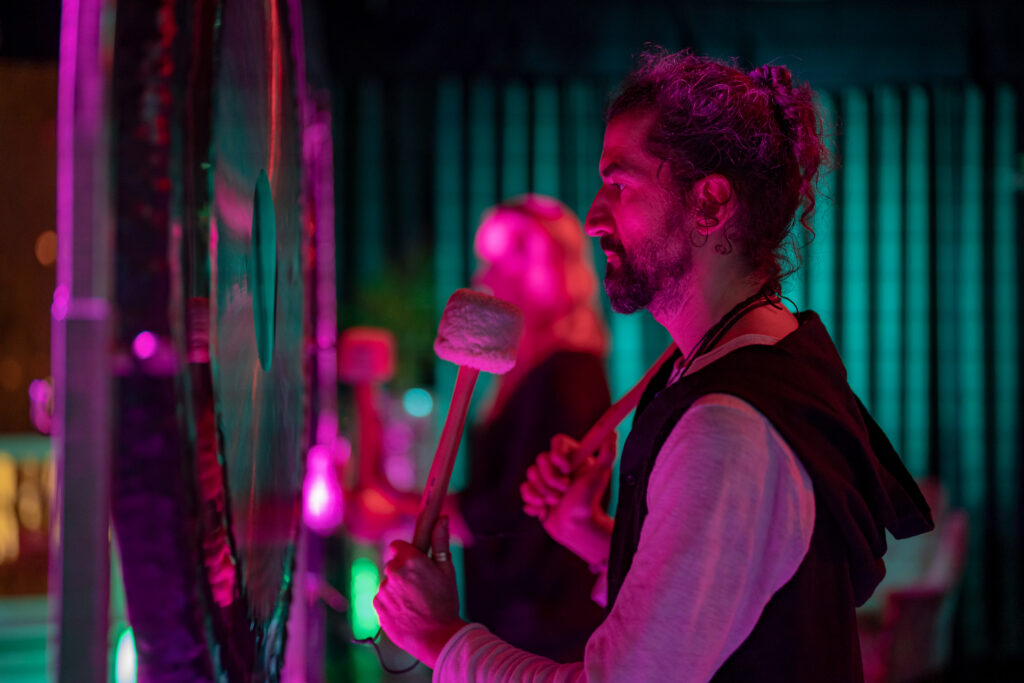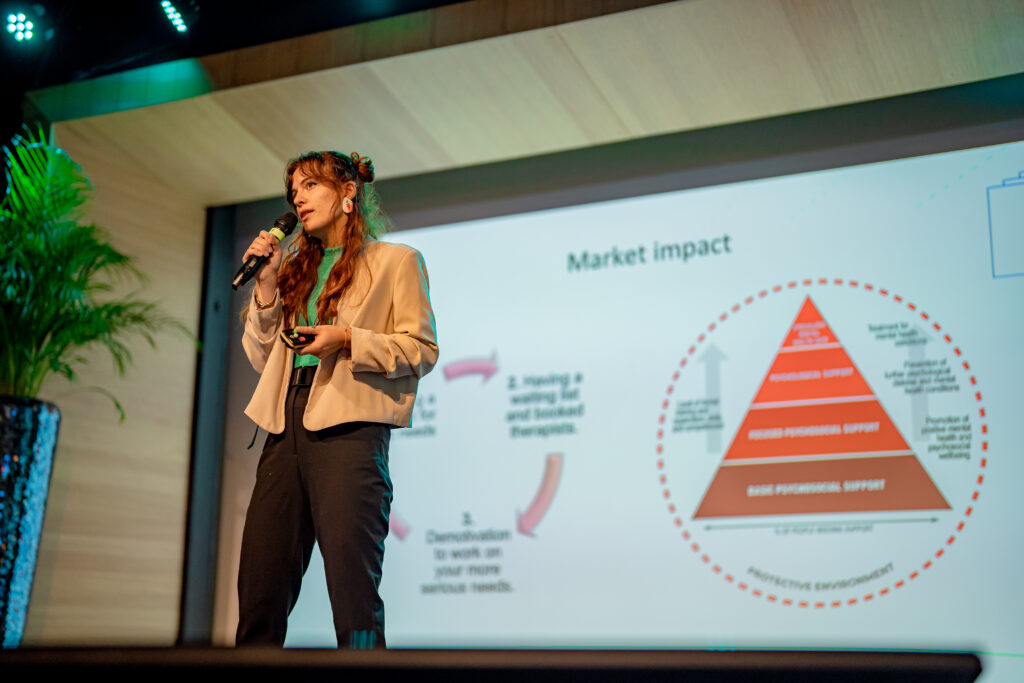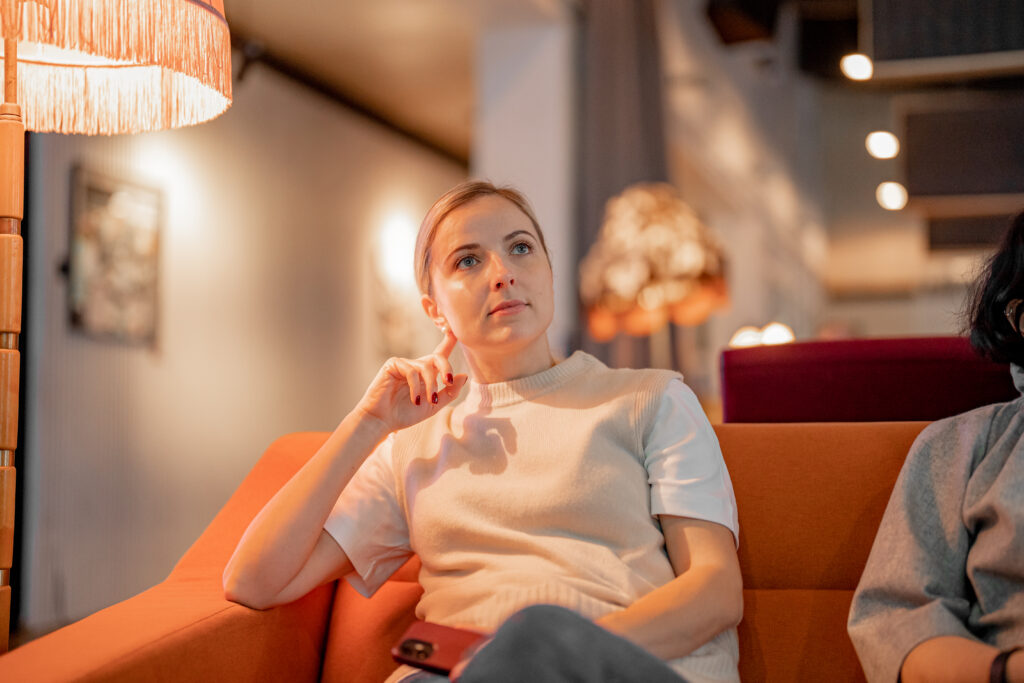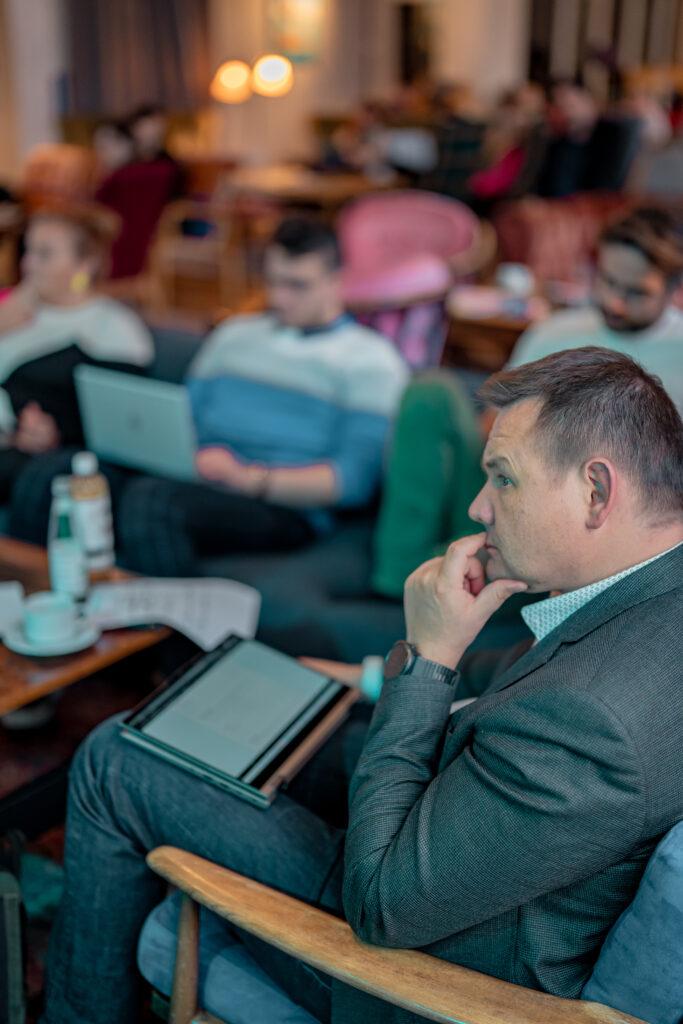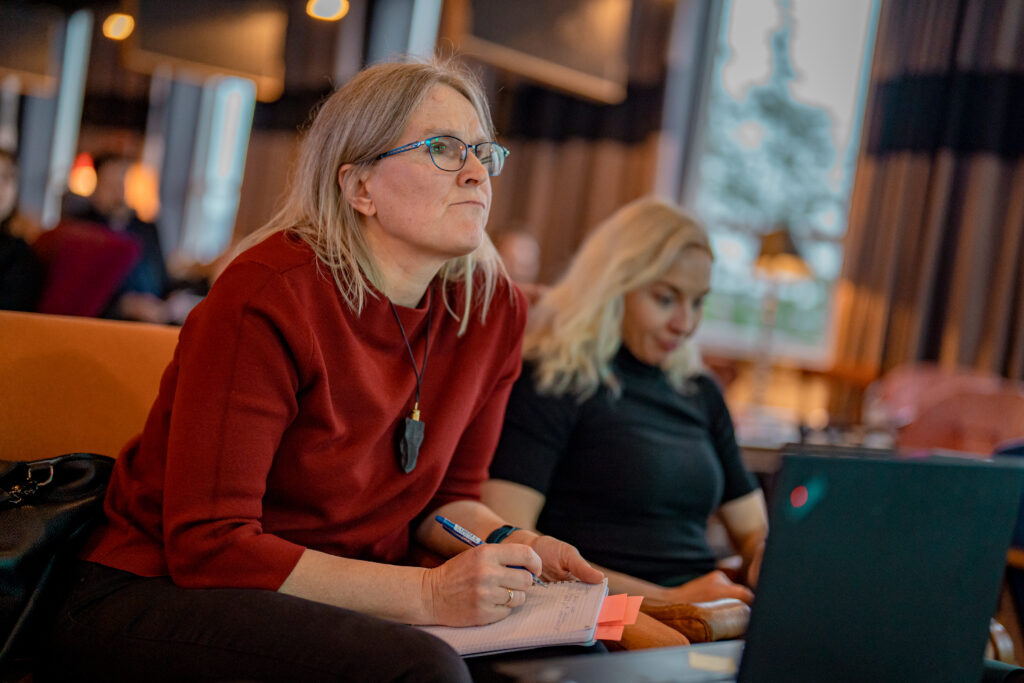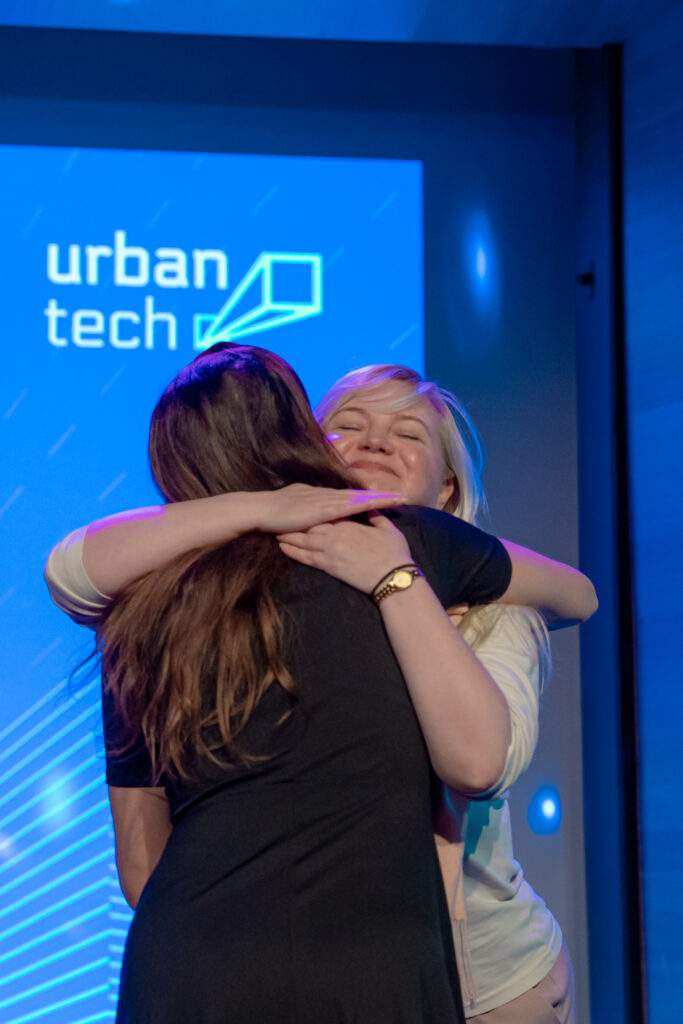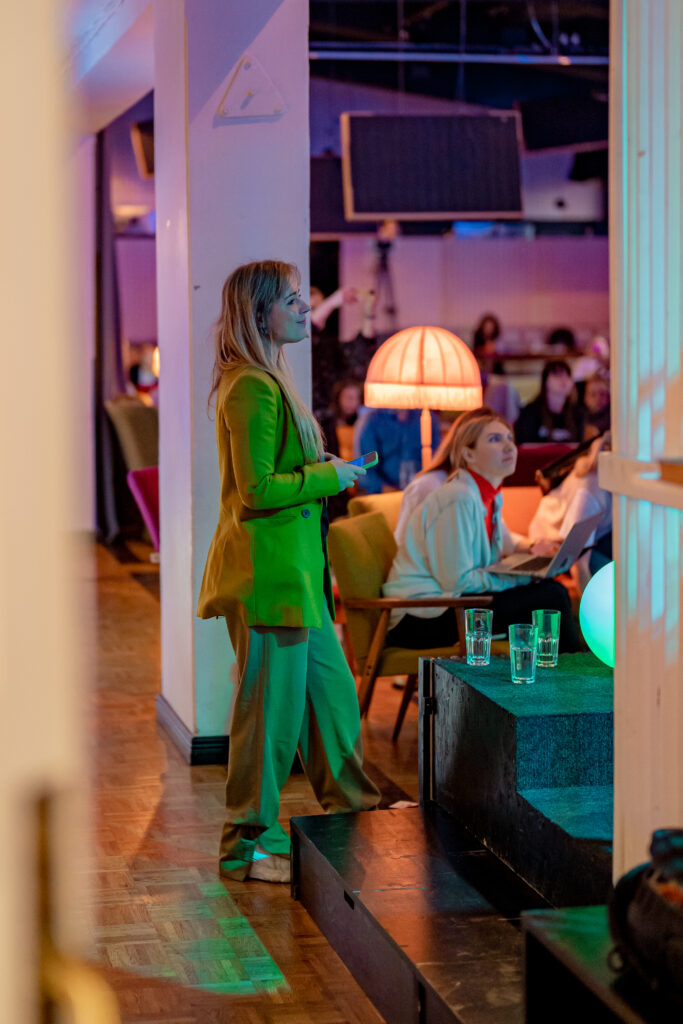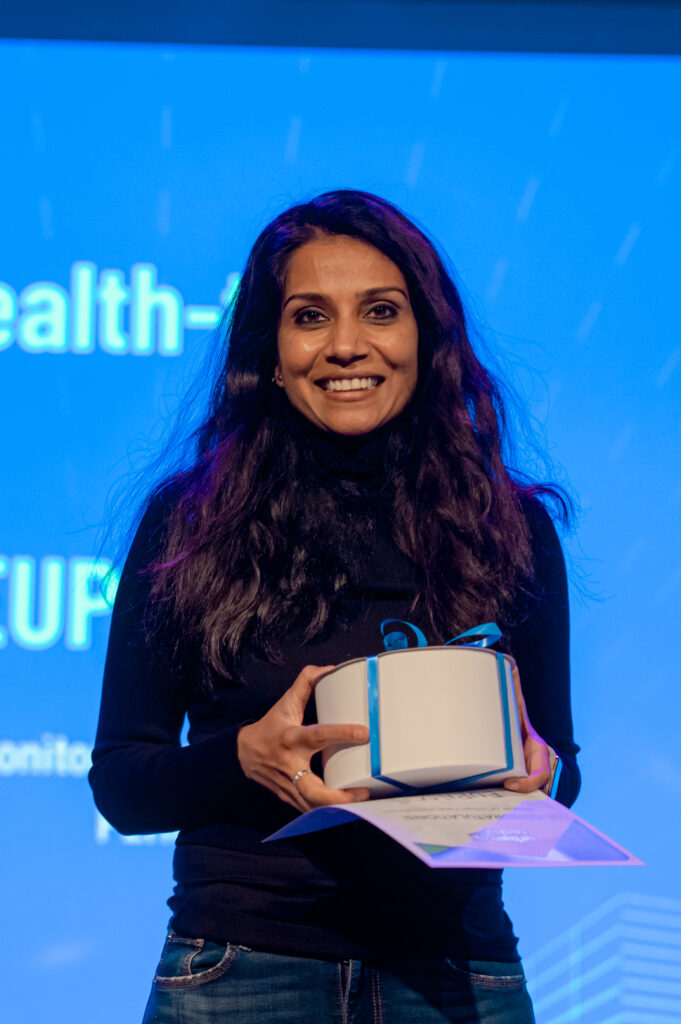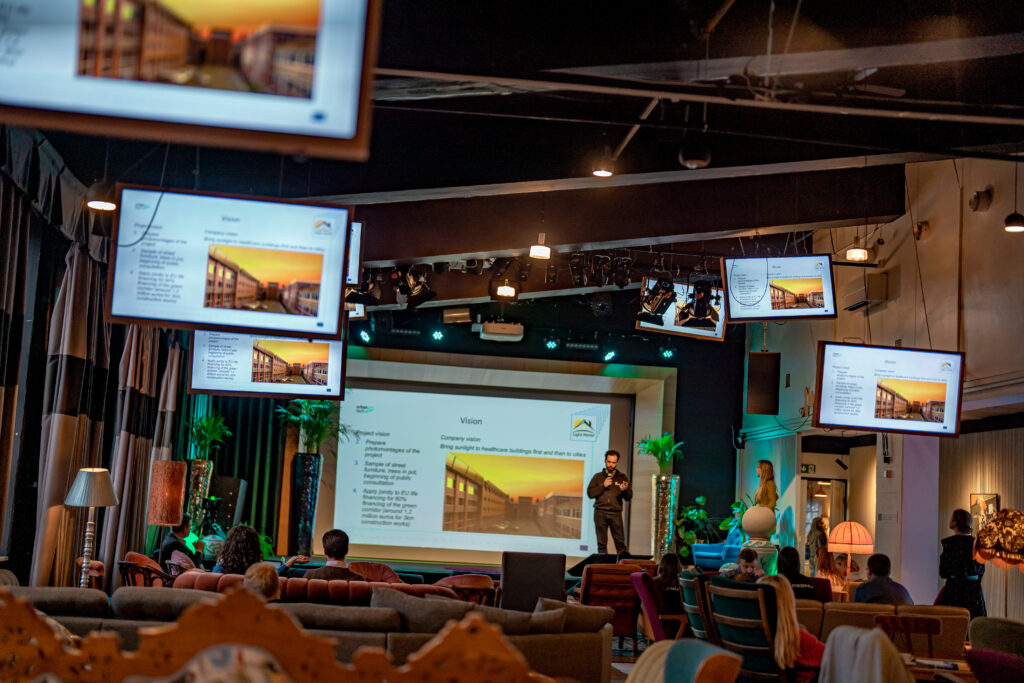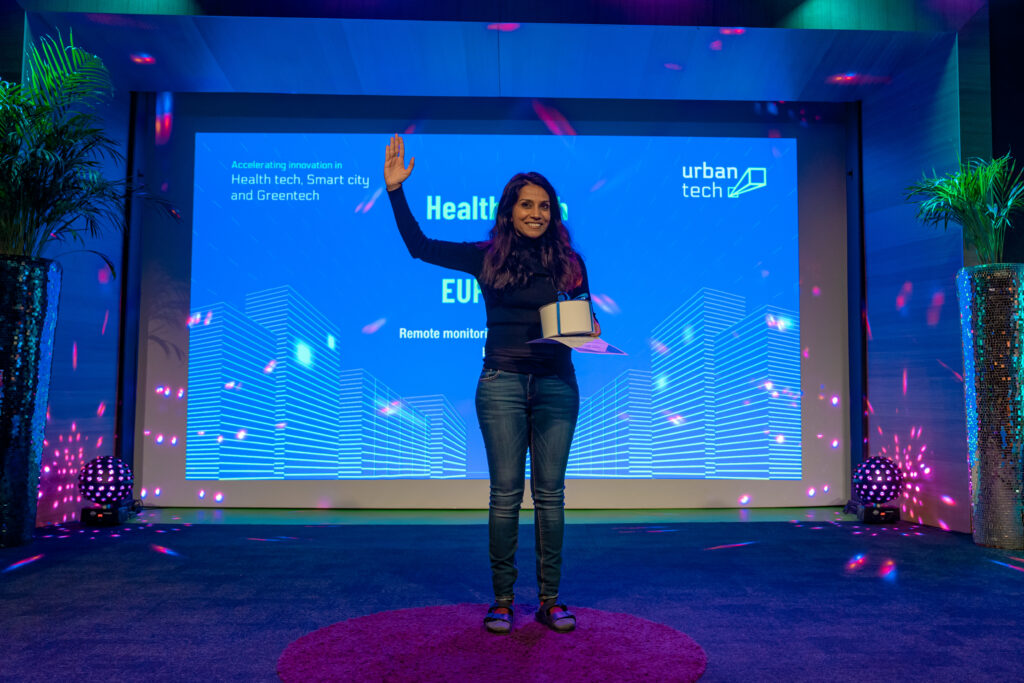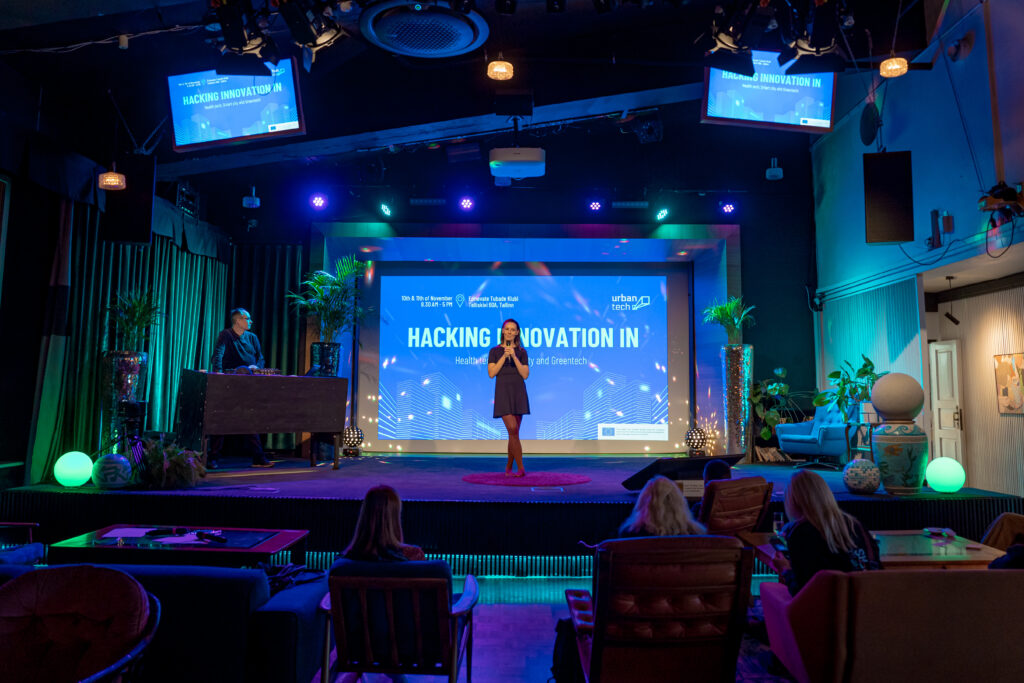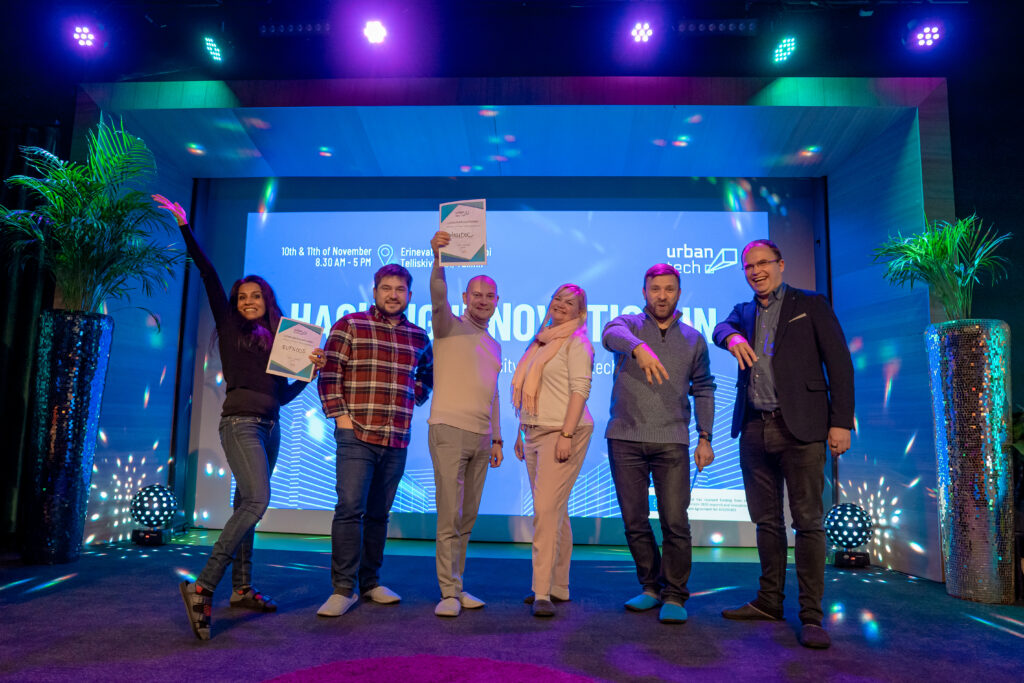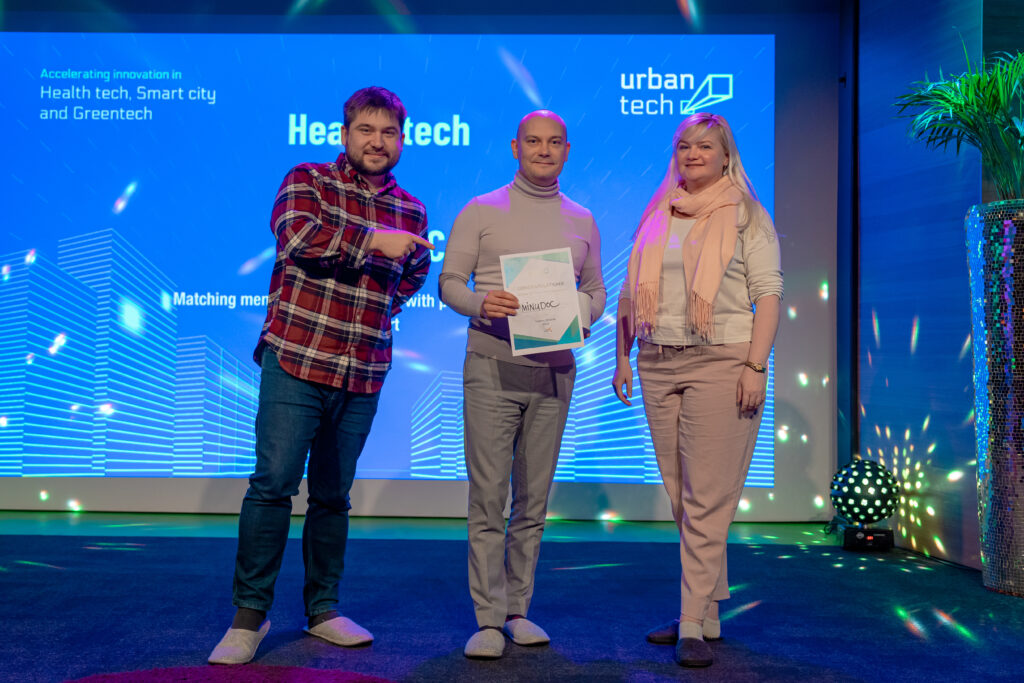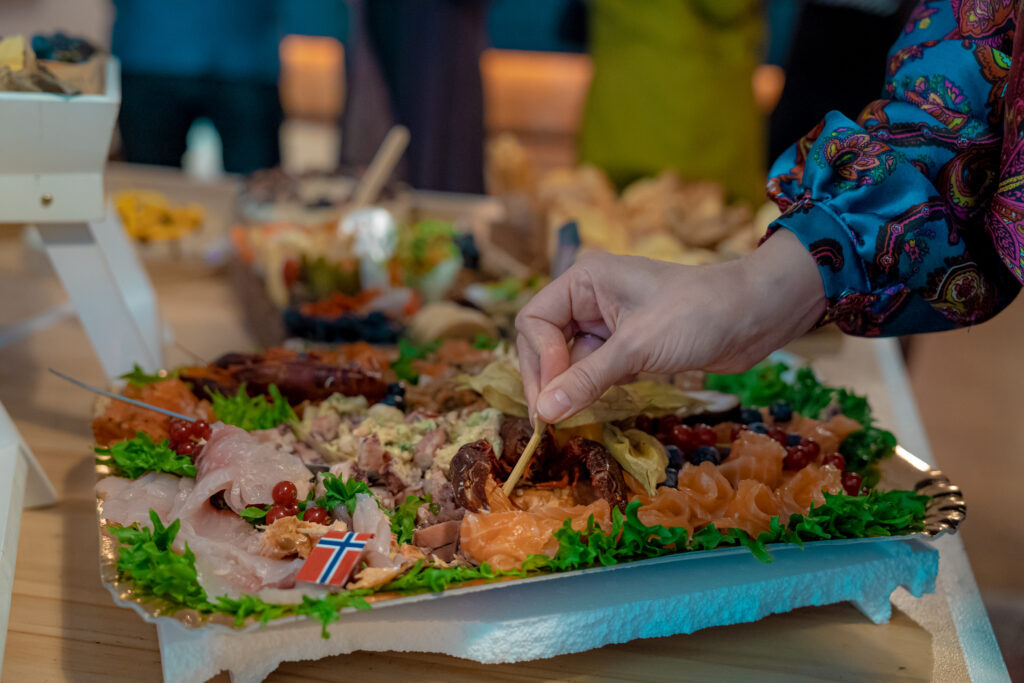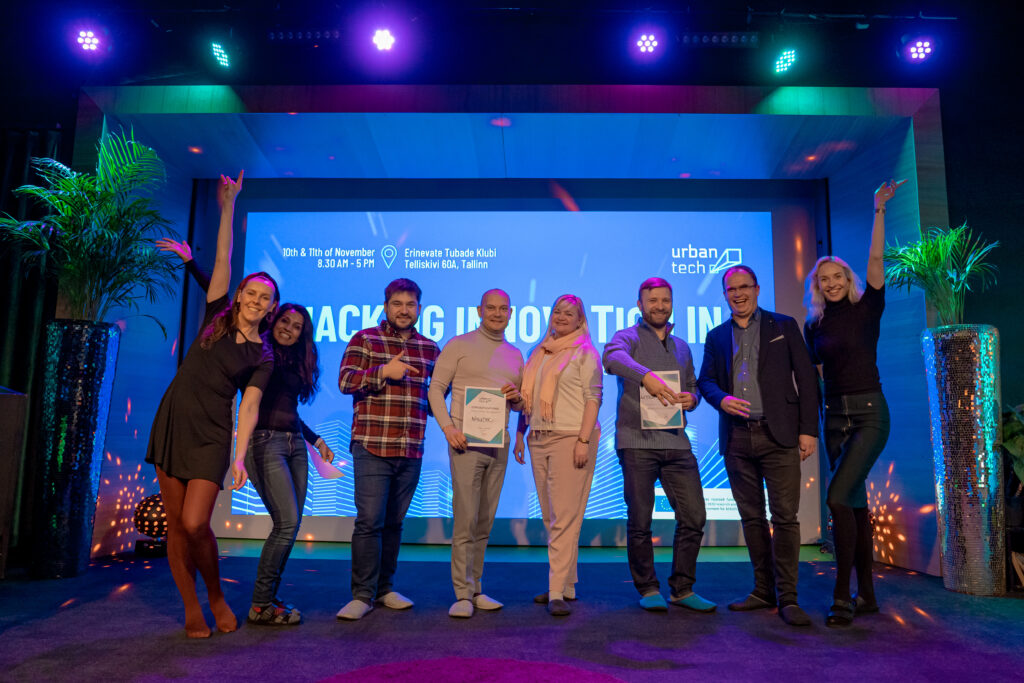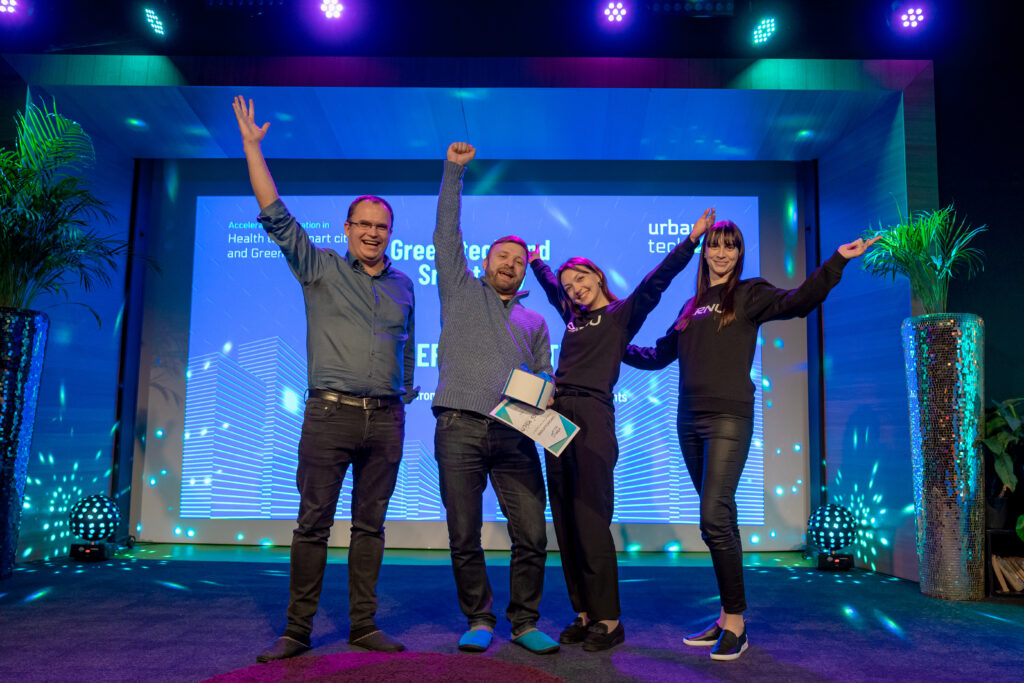25.11.2022
An international hackathon addressed challenges in health technology, green technology and the smart city
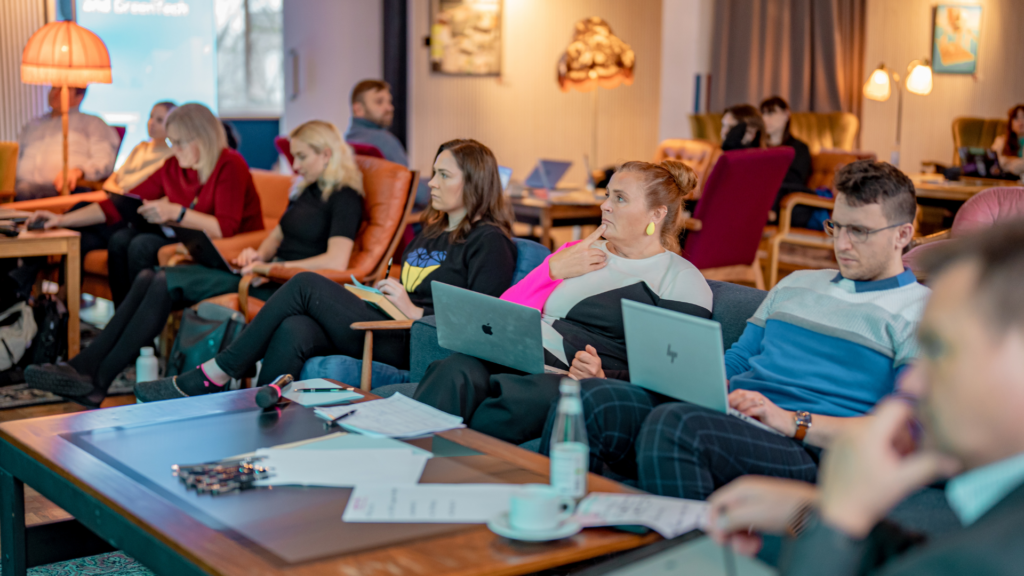
Tehnopol organised an international Urban Tech hackathon at the end of last week in the Club of Different Rooms. The two-day hackathon addressed challenges in health technology, green technology and the smart city.
Fifteen teams attended the hackathon, representing Ippocratech, Eupnoos, Qaleon Solution, MinuDoc, Panda Training, HEBA, Momsanity, Dymaxion, Ergobyte, Lightmirror, Rhoe Urban, Rhoe, Make 18 Ltd, Modern Mobility, and Bable.
The large enterprises that set the challenges and supported the hacking teams on site were the cities of Tallinn and Tartu and town of Pärnu, three different departments of the North Estonia Medical Centre Foundation, AstraZeneca, and Solarstone.
Mentors for the teams working in healthcare were Piret Hirv and Merilin Varsamaa from Tehnopol, Andres Mellik of Cognuse, and Kadri Haljas of Triumf Health. Mentors for the teams working on green technology and the smart city were Ragmar Saksing, Anu Puusaag and Martin Goroško from Tehnopol, and Mihkel Tammo and Markus Vihma from the Green Tiger, while Anu Oks and Lev Dolgatsjon from EstBAN spoke about attracting investment and creating an appropriate business model.
The international jury approved five businesses automatically during the Hackathon, and they will move to the MVP phase to work with the large enterprises that set the challenges. The five were:
- Bable GmbH with its green technology project Communication platform for solar companies and municipalities
- Eupnoos Ltd with its health technology project Remote monitoring of COPD patients
- MinuDoc OÜ with its health technology project Matching mental health problems with precise personalized support
- Modern Mobility OÜ with its smart city project Automated shuttles from Pärnu City Center to beach elephants and
- Rhoe with its green technology project Planning of greening streets
The five teams that advanced will receive 9500 euros as part of an EU project to develop an MVP. The best teams will be chosen after the MVP phase to move on to the piloting stage, during which the EU will give 25 000-35 000 euros for development.
The project received funding from the European Union science and innovation programme Horizon 2020 under grant agreement no 101005301.

